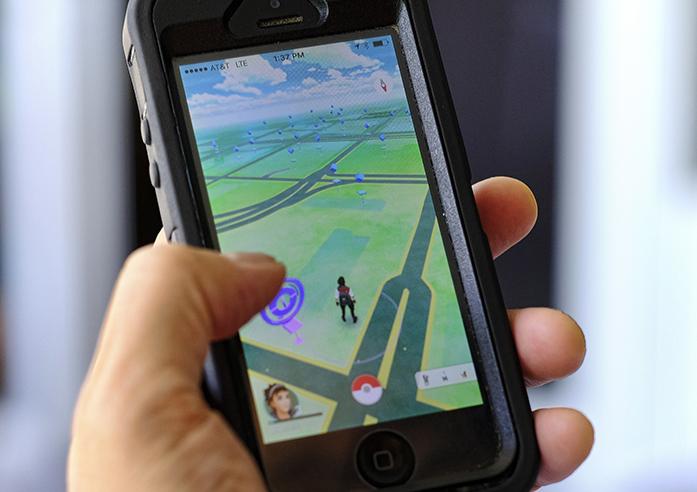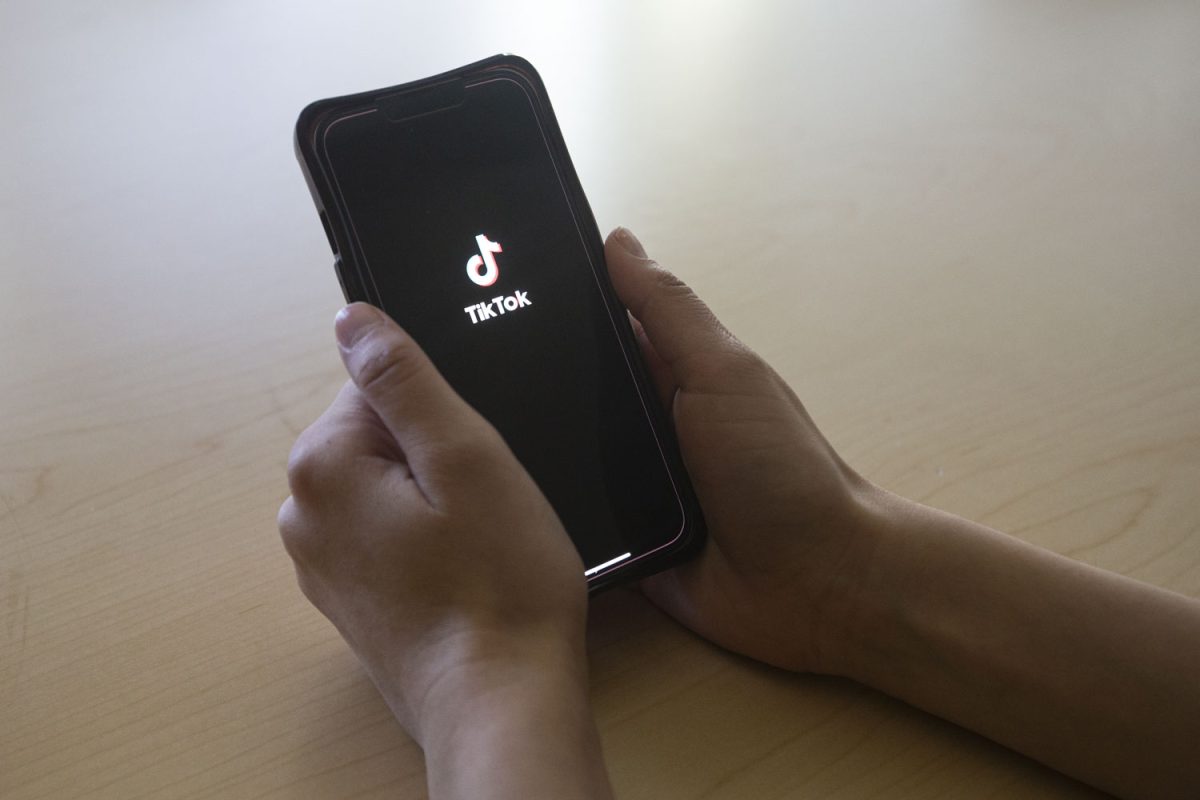The cellphone has become an indispensible tool for the majority of the population and has become such a staple for existence in the 21st century that the implications of its use seem to pale in comparison to the benefits of cellphone ownership. Still, as much as cellphones can be seen as an extension of the average person’s social life, any and all advancements in technology carry with it certain pitfalls, and when it comes to cellphones that issue is privacy.
In New York, U.S District Judge William Pauley has brought the issue of law enforcement obtaining evidence without a warrant by use of cellular data to the forefront for the first time in a federal court. Evidence obtained through a stingray, or “cell-site simulator,” was deemed inadmissible in the case of defendant Raymond Lambis of Washington Heights, Brooklyn. A stingray device can be used to pinpoint the location of a person’s cellphone by imitating a cellphone tower, and as Pauley aptly stated, can “turn a citizen’s cellphone into a tracking device.”
Police employed the stingray as part of a drug-trafficking investigation, but implementing surveillance technology against unsuspecting citizens without obtaining a warrant draws immediate ethical concerns regardless of the result. The obvious argument for increases in surveillance is that if one is not doing anything wrong, then one should have nothing to worry about. Only the guilty have something to hide, and sometimes invasions of privacy are necessary to ensure the safety of the population as a whole.
Personal privacy can at times be a moral quandary, given instances such as the recent case of the San Bernardino terrorist shooting and the ensuing debate over smartphone encryption. However, when the matter of public safety is taken out of the equation, the problem of privacy invasion can be quite blaring. For example, the rise of the popular augmented-reality app Pokémon Go has brought with it concerns over personal privacy. Although an update for IOS users was released on Tuesday to rectify the issue, the Pokémon Go app initially requested complete access to IOS users’ Google accounts, which allowed Niantic, the developer company, access to people’s emails, search history, Google Drive documents, and other data that people would more than likely wish to remain private.
It is hard to argue the usefulness of a cellphone and the way the technology has effectively shrunken the scale of the world, making matters of geographical distance nearly obsolete in terms of immediate communication. In order to stay in constant contact with others, a sacrifice must be made, but that does not necessitate breaches in privacy by the corporations and entities that effectively have the power to dictate the way we interact with each other and the world at large.
Unfortunately, the greatest advancements in technology carry the greatest potential for abuse, and for that reason, the terms of the social contract between the individual and those in charge of our tools of communication must be clarified and staunchly defended. The reality is that we now live in an age in which it is possible for those with nefarious intentions to monitor the population’s every move and nearly all forms of communications, but this kind of abuse of power is not a prerequisite for enjoyment of the improvement to quality of life that technology can offer. It simply means we must remain vigilant and fight even harder to maintain the level of privacy and personal freedom this country was built upon.










